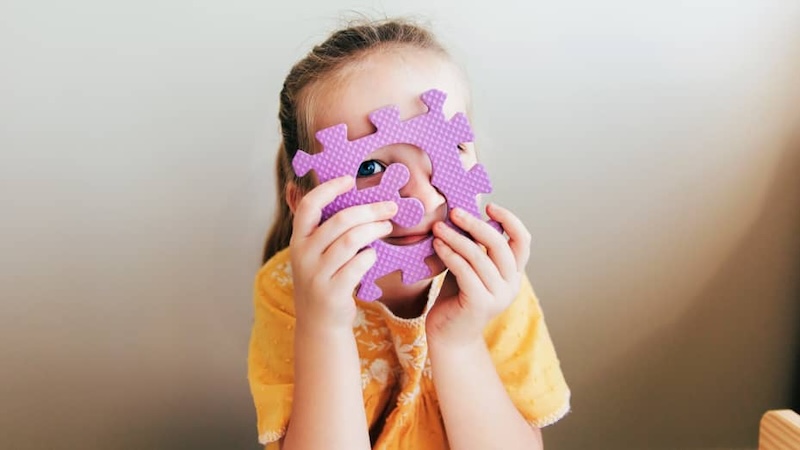In the journey of raising emotionally intelligent children, conscious parenting emerges as a guiding light, illuminating the path towards fostering empathy, resilience, and healthy emotional expression. By embracing mindful practices, creating supportive environments, and modeling emotional intelligence, parents can empower children to navigate the complexities of their inner world and thrive in their relationships and endeavors. This comprehensive guide delves into the transformative impact of conscious parenting on nurturing emotional intelligence in children, shaping their lifelong well-being and success.

Understanding Emotional Intelligence in Children
Emotional intelligence is the cornerstone of children's well-being, encompassing self-awareness, self-regulation, empathy, and social skills. Recognizing its profound impact on children's development lays the foundation for conscious parenting practices.
The Role of Conscious Parenting in Emotional Intelligence
Conscious parenting invites parents to cultivate emotional awareness and connection, fostering nurturing and empathetic parent-child relationships rooted in mutual respect and understanding. Mindful parenting practices serve as catalysts for children's emotional growth and flourishing.
Creating a Supportive and Emotionally Safe Environment
Establishing open channels of communication and providing safe spaces for emotional expression enables children to explore and navigate their feelings without fear of judgment or criticism. Creating an emotionally safe environment is paramount for nurturing children's emotional well-being.
Teaching Emotional Regulation and Coping Strategies
Guiding children in identifying and managing their emotions equips them with essential coping skills for navigating life's challenges. Introducing relaxation techniques and mindfulness practices supports emotional self-regulation and resilience.
Encouraging Empathy and Perspective-Taking
Cultivating empathy and perspective-taking skills fosters compassion, kindness, and emotional connection with others. By recognizing and understanding others' emotions, children develop empathy as a cornerstone of healthy relationships.
Modeling Emotional Intelligence and Resilience
Parents serve as powerful role models, demonstrating emotional awareness, regulation, and resilience in their daily interactions. Modeling healthy emotional habits inspires children to cultivate their coping mechanisms and navigate life's ups and downs with grace.
Practicing Active Listening and Validation
Engaging in active listening and validating children's emotions fosters trust, emotional security, and self-esteem. Acknowledging and empathizing with children's feelings strengthens parent-child bonds and promotes healthy emotional development.
Encouraging Emotional Expression and Artistic Outlets
Promoting creative expression through art, music, storytelling, and play provides children with outlets for processing and expressing their emotions. Encouraging emotional expression in constructive ways nurtures children's creativity and emotional well-being.
Building Emotional Vocabulary and Communication Skills
Teaching children to articulate and label their emotions enhances emotional intelligence and communication skills. Developing a diverse emotional vocabulary empowers children to express themselves effectively and navigate social interactions with confidence.
Setting Boundaries and Encouraging Emotional Independence
Establishing clear boundaries and guidelines supports children's emotional growth and self-discipline. Encouraging emotional independence and autonomy empowers children to develop resilience and problem-solving skills.
Promoting Positive Reinforcement and Encouragement
Using positive reinforcement and praise acknowledges children's emotional growth and efforts. Celebrating achievements and emotional milestones boosts children's self-confidence and motivation to continue their emotional journey.
Fostering Cultural and Emotional Diversity
Embracing cultural diversity and inclusivity promotes empathy, tolerance, and understanding of different emotional expressions. Encouraging children to appreciate and respect emotional diversity fosters a sense of belonging and empathy towards others.
Reflecting on Parenting Practices and Self-Care
Reflecting on parenting styles and emotional responses enhances self-awareness and conscious parenting. Prioritizing self-care and emotional well-being models healthy habits and resilience for children to emulate.
Collaborating with Educators and Mental Health Professionals
Collaborating with educators and mental health professionals provides additional support for children's emotional development and well-being. Seeking guidance and resources ensures comprehensive support for addressing emotional challenges and promoting mental health.
Empowering Children through Emotional Intelligence and Conscious Parenting
Conscious parenting serves as a transformative force in nurturing emotional intelligence in children. By fostering empathy, resilience, and healthy emotional expression, parents empower children to navigate life's complexities with confidence, compassion, and authenticity, laying the foundation for a lifetime of emotional well-being and fulfillment.





